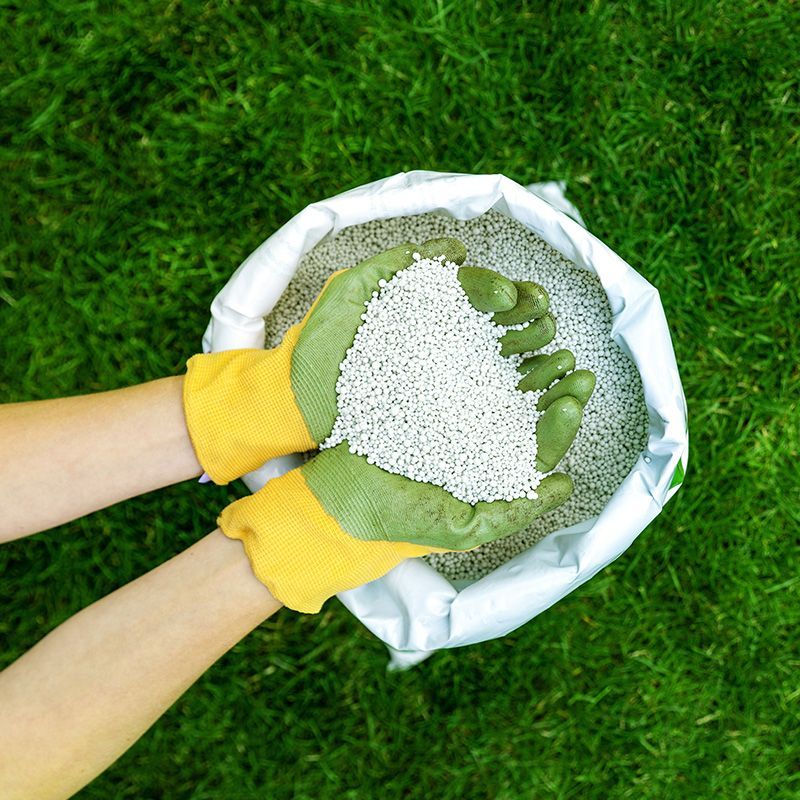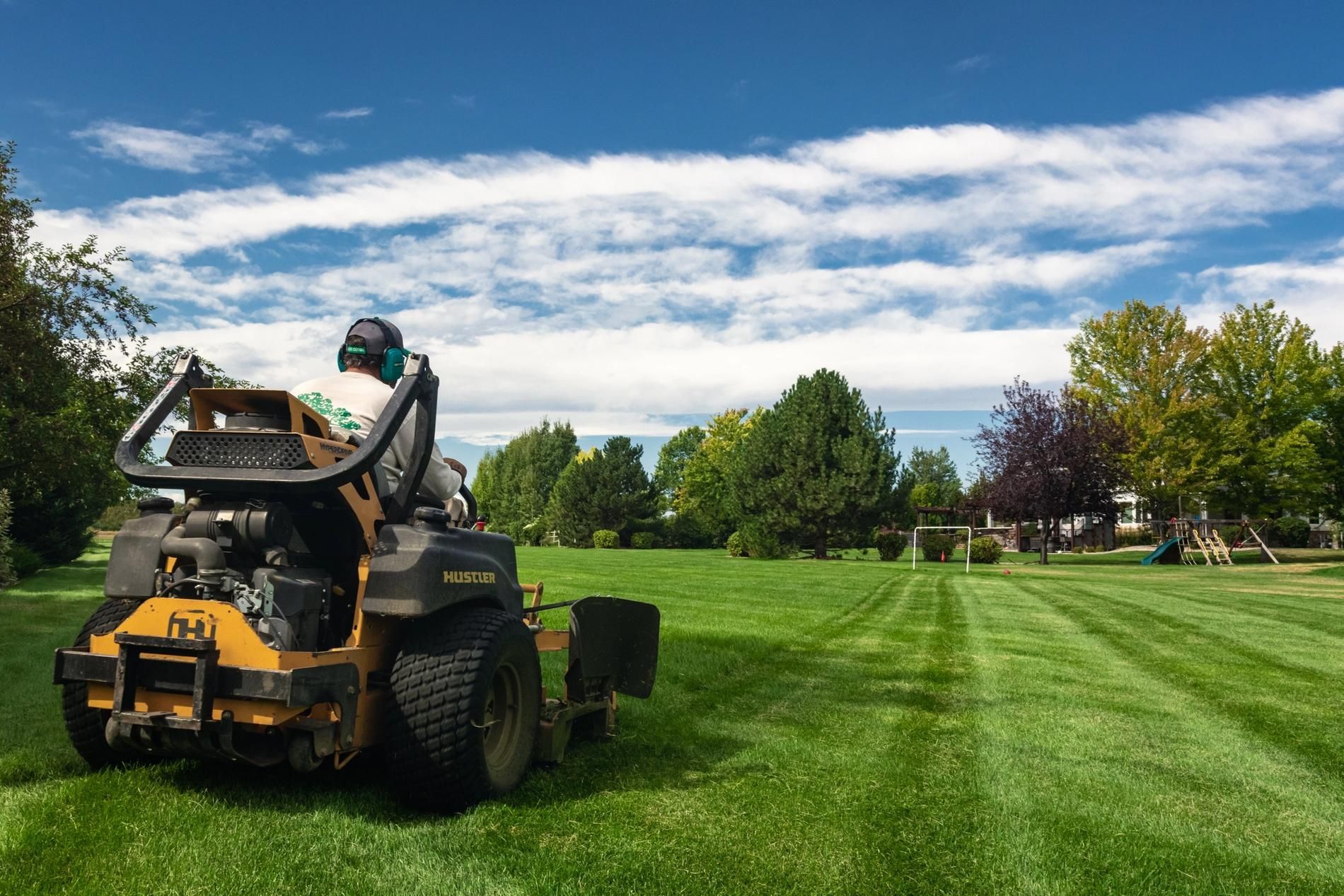How to Sharpen Lawn Mower Blades (Step-by-Step Lawn Mowing Guide)
Maintaining a pristine lawn is every homeowner’s dream. But without sharp mower blades, even the most sophisticated lawn mowing equipment becomes ineffective. Dull blades rip the grass instead of cutting it cleanly, leading to unhealthy lawns and ragged results. If you want a lush, green carpet-like lawn, learning how to sharpen lawn mower blades is essential. Let’s walk through everything you need to know.
The Importance of Lawn Mowing and Sharp Blades
Lawn mowing isn't just about aesthetics. Regular mowing with sharp blades promotes healthy grass growth, improves water absorption, and enhances lawn resilience. Sharp blades deliver a clean cut, allowing the grass to recover faster and resist diseases.
How Dull Blades Affect Lawn Health
Dull mower blades tear grass, causing the tips to brown and exposing the plant to fungi and disease. This leads to a patchy, unhealthy look. On the other hand, clean cuts seal quickly, locking in moisture and nutrients, which are vital for strong, green lawns.
Visual Signs You Need to Sharpen Blades
- Frayed or brown-tipped grass after mowing
- Uneven cutting or missed patches
- Excessive clumping of clippings
- Increased engine strain during mowing
Types of Lawn Mower Blades
Before diving into sharpening techniques, it's important to recognize what kind of blades your mower uses. Different blade types might require different sharpening approaches.
Standard (Straight) Blades
These are the most common and work well for level lawns. They're straightforward to sharpen using basic tools.
Mulching Blades
Designed with more curves and cutting edges, mulching blades need a bit more attention during sharpening. They cut the grass multiple times before dropping it, so all edges must be sharp.
Lifting Blades
High-lift blades create more airflow and are great for bagging clippings. Proper sharpening ensures the vacuum effect works effectively.
Essential Tools Needed to Sharpen Lawn Mower Blades
To sharpen your mower blades properly, you'll need some basic tools and safety gear. Investing in the right equipment makes the task safer and more efficient.
Required Tools:
- Socket wrench or blade removal tool
- Flat file or metal sharpening file
- Grinder or rotary tool (optional)
- Blade balancer
- Protective gloves and safety glasses
- Workbench and clamps
Optional Items:
- Vise grip for stability
- Wire brush for cleaning
- Rust remover or degreaser
Step-by-Step Guide on How to Sharpen Lawn Mower Blades
This detailed method ensures your mower blades are razor-sharp and safe to use. Let’s break it down into manageable steps.
Disconnect the Spark Plug
Safety first. Always disconnect the spark plug to prevent accidental starts. Tilt the mower away from the carburetor side to avoid fuel or oil leakage.
Remove the Blade
Use a socket wrench to loosen and remove the blade bolt. Mark the blade's top side before removal to ensure you reinstall it correctly.
Clean the Blade Thoroughly
Use a wire brush or putty knife to clean off dirt, grass, and rust. A clean blade is easier to sharpen and gives better visibility to damaged areas.
Inspect the Blade for Damage
Look for large nicks, bends, or cracks. If the blade is excessively worn or damaged, it’s better to replace it than to risk sharpening.
Sharpen the Blade with a File
Clamp the blade to a workbench. Using a flat file, follow the existing angle of the cutting edge. Push the file in one direction (not back and forth) 30–50 strokes should suffice per side.
Using a Grinder (Optional for Faster Sharpening)
For more speed and precision, use a bench grinder or rotary tool. Keep the blade moving to avoid overheating, which can weaken the metal.
Balance the Blade
An unbalanced blade causes vibration and engine wear. Place the blade on a blade balancer. If one side dips, remove a bit more metal until it balances evenly.
Reinstall the Blade
Mount the blade with the correct side facing up. Tighten the bolt securely. Reconnect the spark plug and run the mower to test the improvement.
How Often Should You Sharpen Lawn Mower Blades?
Frequency depends on usage, but as a rule of thumb:
- Residential Use: Every 20-25 mowing hours or twice per season.
- Heavy Use or Commercial: Every 10-15 hours or monthly.
- After Hitting Rocks or Debris: Immediately inspect and sharpen.
Tips for Maintaining Blade Sharpness
Regular maintenance reduces the need for constant sharpening.
Avoid Mowing Over Debris
Clear sticks, stones, and other objects from your lawn. These not only dull the blades but can also damage the mower.
Clean Blades After Every Use
Grass residue hardens over time, dulling the blade edge. A quick scrape with a brush post-mowing saves you trouble later.
Store Your Mower Properly
Keep your mower in a dry place to prevent rust and corrosion on the blades and other parts.
DIY vs. Professional Sharpening
Both have their pros and cons, depending on your budget, tools, and confidence.
DIY Sharpening Pros:
- Cost-effective
- Immediate control over the sharpening angle
- Great for small lawns
DIY Sharpening Cons:
- Time-consuming
- Risk of improper sharpening or imbalance
Professional Sharpening Pros:
- Expert precision and proper balance
- Quick turnaround
- Often includes inspection and maintenance
Professional Sharpening Cons:
- Costs $10–$20 per blade
- Requires blade removal and transport
Common Mistakes to Avoid When Sharpening Blades
Learning how to sharpen lawn mower blades is straightforward, but it’s easy to slip up.
- Over-sharpening: Creates a thin, weak edge that dulls quickly
- Sharpening both sides: Only sharpen the beveled side, not both
- Not balancing the blade: Can cause engine vibration and wear
- Using a back-and-forth motion: Reduces effectiveness and consistency
Sharpen Lawn Mower Blades: Enhancing Your Lawn Mowing Game
Sharpening mower blades is the unsung hero of lawn care. Whether you have a small patch of green or a sprawling landscape, maintaining sharp blades elevates the entire lawn mowing experience. Cleaner cuts equal healthier lawns, less engine strain, and a professional-looking finish.
FAQs
How often should you sharpen lawn mower blades?
At least twice a mowing season or every 20-25 hours of mowing. More frequently for commercial use.
Can I sharpen mower blades without removing them?
It’s possible, but not recommended. Removing the blade allows for safer and more effective sharpening and balancing.
What happens if you mow with dull blades?
It tears the grass, causes browning, weakens lawn health, and promotes disease.
Do I need a blade balancer?
Yes. An unbalanced blade vibrates excessively, potentially damaging the mower and resulting in uneven cuts.
Can I use a file to sharpen mower blades?
Absolutely. A flat metal file is one of the most common and affordable ways to sharpen blades.
Is it better to sharpen or replace mower blades?
If the blade is heavily worn, cracked, or warped, replacement is best. Otherwise, sharpening extends its life and performance.





